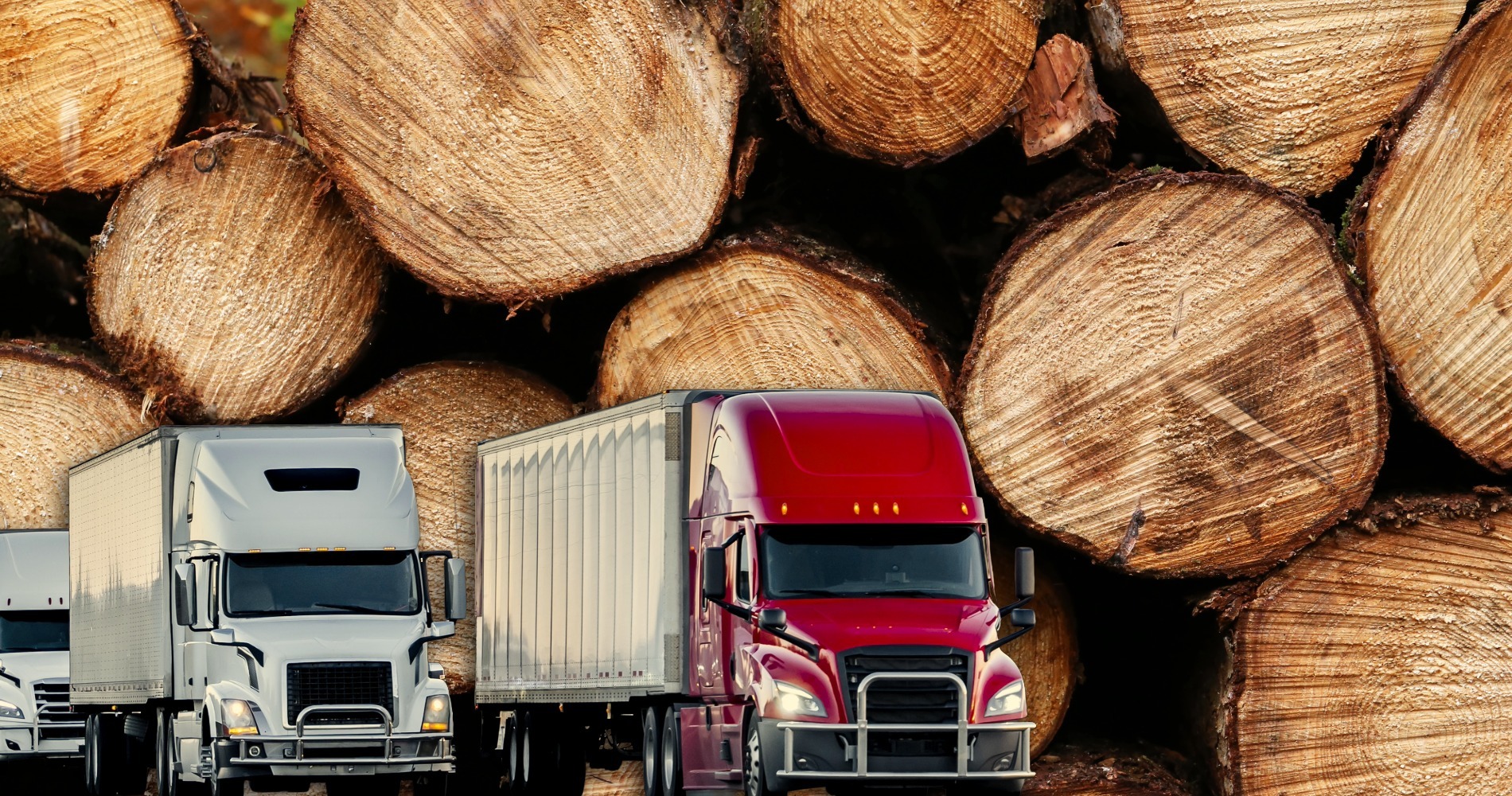Access to and Affordability of Milk in Northern Manitoba
This study finds milk is significantly costlier in First Nations communities than in Winnipeg and Northern Manitoba. The cost was higher in First Nations with and without access to an all-weather road. The study is based on a milk price survey in August and September 2016 in 26 stores located in 22 communities in northern Manitoba (15 First Nation and 8 non-First Nation communities) and 11 stores in Winnipeg for comparative purposes. The report also includes focus group interviews with residents in Northern First Nations.
The issues of low availability and high prices of food (including milk), limited access to and control over land, water and other natural resources can be linked to colonization. Action on the Truth and Reconciliation Commission Calls to Action and the United Nations Declaration on the Rights of Indigenous peoples to fully realize the human rights of Indigenous Manitobans is critical to the development of healthy, safe, just and sustainable Indigenous food systems.
Milk prices in Manitoba are regulated by the Milk Price Review Act and administered by the Manitoba Milk Price Review Commission. The Act is limited to one-liter containers of milk sold within a 240 km and 360 km radius from Winnipeg and Brandon. The report recommends extending current milk price regulations to include all First Nation communities in northern Manitoba. The report also recommends ensuring access to traditional foods, from which First Nations communities historically sourced nutrients essential for healthy human development and well-being. The study finds that Federal and Provincial freight subsidy programs are not effectively reducing the price of milk and other food to affordable levels in northern First Nation communities. The higher prices can be attributed to lack of competition of food vendors in First Nations communities.



